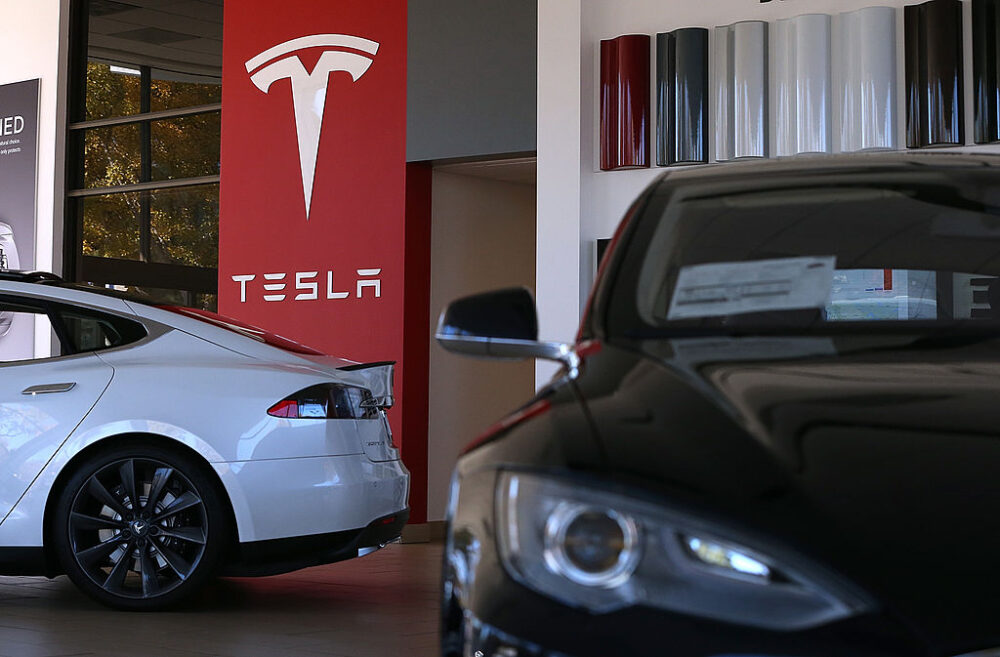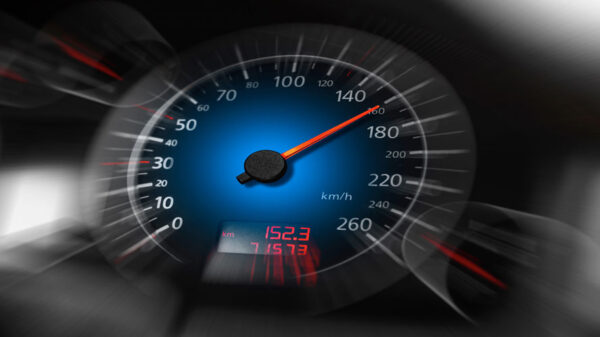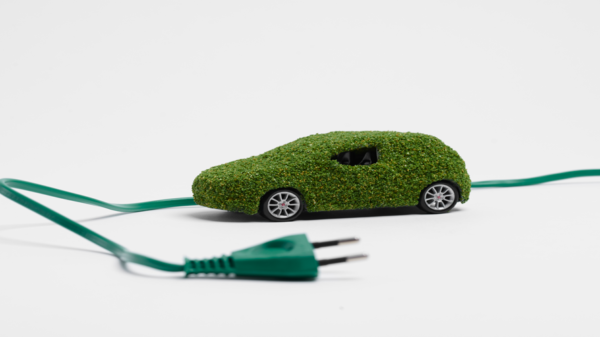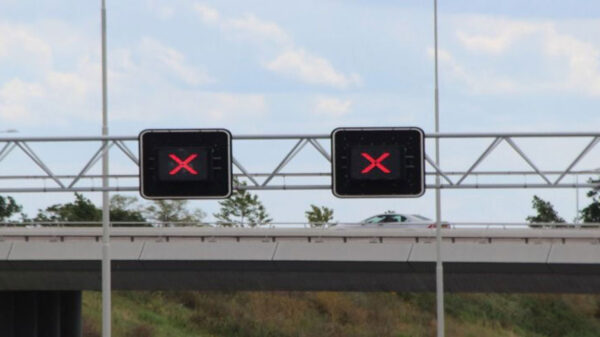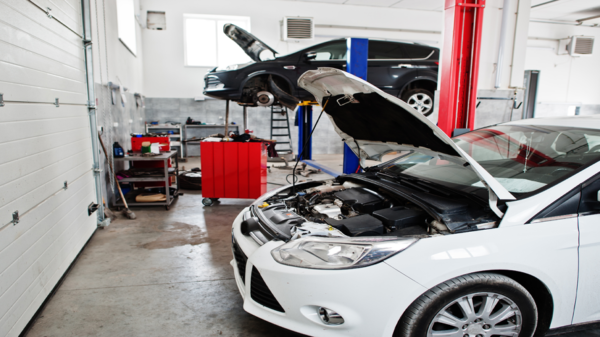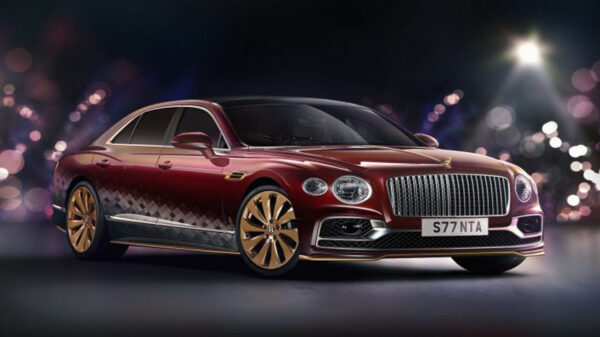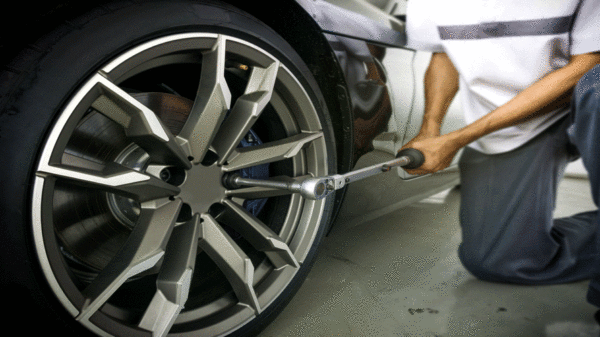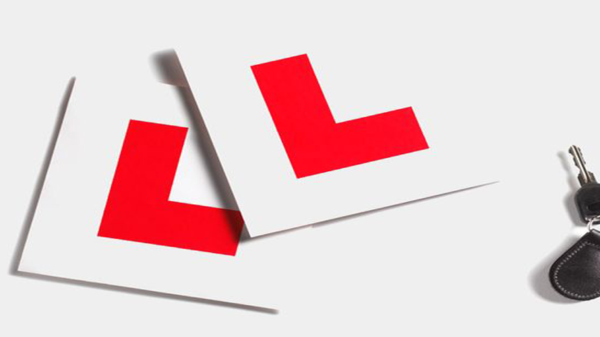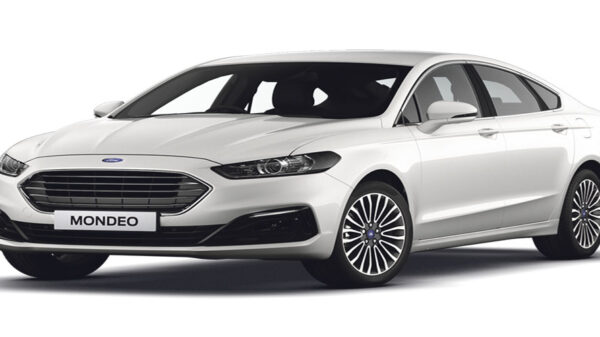Report on the Most and Least Reliable Cars in the UK Revealed
A poll of more than 20,000 drivers in Britain has revealed which are the most and least reliable cars. Japanese sister brands Lexus and Toyota make the most dependable vehicles, while Europe’s Cupra, Alfa Romeo, Vauxhall and Jaguar Land Rover produce the motors that turn out to be most problematic for owners.
What Car?’s annual Reliability Survey also found that hybrids are the most robust of fuel types, scoring better for dependability than petrol, diesel and even electric vehicles (EV), despite the fact the latter has far fewer moving parts.
Here are the most and least reliable brands – and the models in each sector you should be considering, and avoiding, when hunting for your next car.
A total of 21,732 owners were polled by the car magazine, providing a suitable number of responses to provide a wide snapshot of ownership covering 32 mainstream brands and a whopping 178 different models based on motors up to five years old.
Owners were asked if their vehicle had suffered any faults in the previous 24 months. Those that had gone wrong over the last two years have then been given a calculated rating rated on how long repairs took and how much these cost, with the overall score expressed as a percentage.
Overall, a fifth (21 per cent) of all owners said their car had experienced issues in the past two years, although 83 per cent of repairs were carried out for free.
While most repair bills cost less than £500, 2 per cent of owners had to pay out more than £1,500 to get their cars fixed and back on the road. One of the most common issues cited was a faulty infotainment system – something that’s often exempt from warranty cover and therefore falls on the wallets of owners to have fixed.
Which brands make the most – and least – reliable car?
Having crunched all the numbers, it is Lexus that achieved the highest brand rating, at 98.3 per cent. This is bolstered by its hardy NX family SUV (2014-2021), which scored 99.8 per cent, and the RX large SUV (2016-2022), which was rated 98.6 per cent.
Toyota was followed closely in Lexus’ tyre tracks with a 97.4 per cent brand reliability score, with its RAV4 SUV (2019-present) impressive with a 98.7 per cent dependability rating.
While the top end of the brand reliability standings was Japanese orientated, Mini has infiltrated the order with a 97.2 per cent manufacturer score for reliability, helped in part by a solid showing from its Mini Electric hatchback (2022-present) with a 97.6 per cent mark.
At the other end of the scale, Cupra received the lowest brand reliability score of 82.4 per cent with many owners complaining their cars had been plagued by a range of electrical gremlins that had left them in the workshop for more than a week.
Most Reliable Cars
1. Lexus: 98.3%
2. Toyota: 97.4%
3. Mini: 97.2%
4. Suzuki: 96.9%
5. Mitsubishi: 96.2%
6. Honda: 95.9%
7. Hyundai: 94.3%
8. Kia: 93.8%
9. Volvo: 93.7%
10. Tesla: 93.6%
Least Reliable
1. Cupra: 82.4%
2. Alfa Romeo: 85.6%
3. Vauxhall: 86.9%
4. Jaguar: 87.4%
5. Land Rover: 87.6%
6. Subaru: 89.0%
7. Audi: 89.1%
8. MG: 89.2%
9. Mercedes-Benz: 89.8%
10. Renault: 90.0%
Source: What Car? Reliability Survey based on feedback from 21,732 drivers
High scores for hybrids
Across different fuel types, hybrids came out on top, despite the general perception that their drivetrains – combining combustion engines with batteries and electric motors – are more complex.
Just 17 per cent of plug-in hybrids (PHEVs) and 18 per cent of conventional – self-charging – hybrids surveyed had suffered a fault in the last two years.
What’s more, hybrids were the cheapest type of car to repair: all PHEVs were fixed for free, along with 94 per cent of conventional hybrids.
Petrol models were only slightly less reliable, with a fault rate of 20 per cent, while electric cars and diesels had the joint-highest fault rate of 26 per cent.
This is despite the fact EVs have far fewer moving mechanical parts.
That said, most issues with electric cars were not linked to their drivetrains – instead it is problems with touchscreen systems and other electrical gremlins in their cabins that have caused the most problems for early adopters
What Car?’s consumer editor Claire Evans explained: ‘These results demonstrate that the complexity of a hybrid powertrain is not a barrier to reliability.
‘Conversely, electric models, with their simpler set-up can let their owners down.
‘However, in many cases it’s not the electric motors or battery banks that prove troublesome, it’s other electrical items such as infotainment systems, digital instrument panels and driver assistance systems that have given owners the biggest headaches.
‘If you’re thinking of switching to a pure electric car, check its reliability rating before you buy to ensure you get a dependable model.’
That said, some EVs – other than Mini’s Electric – are proof that battery cars can be super dependable.
The Ford Mustang Mach-E, for instance, achieved a perfect reliability rating of 100 per cent, and the BMW iX3, which was close behind on 99.3 per cent.
Source: MSN Motoring News






